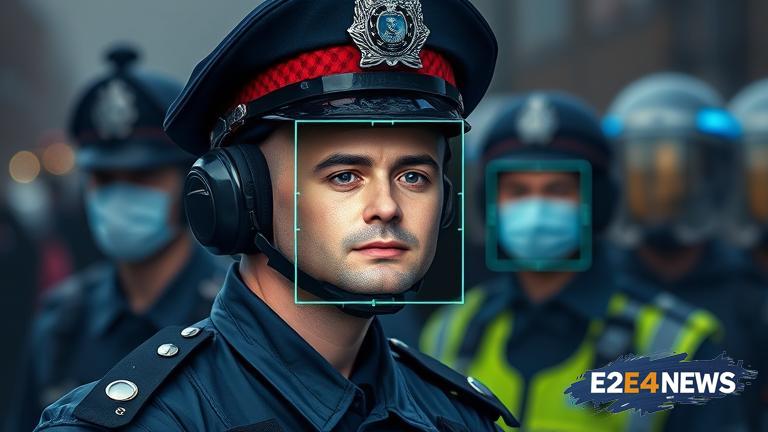The Metropolitan Police has begun utilizing live facial recognition technology in London, a move that has ignited intense controversy and debate. This technology enables the police to scan faces in public spaces and match them against a database of wanted individuals. Proponents of the technology argue that it will enhance public safety and facilitate the identification of criminals. However, critics contend that it poses significant risks to individual privacy and could lead to mass surveillance. The use of live facial recognition has been tested in various locations across the UK, including shopping centers and public events. Despite concerns, the police assert that the technology is a valuable tool in preventing and investigating crimes. The system works by using cameras to capture images of faces, which are then compared to a database of known offenders. If a match is found, the police are alerted, and the individual can be apprehended. The technology has been shown to be effective in identifying suspects, but its accuracy has been questioned. There have been instances where innocent individuals have been misidentified, leading to wrongful arrests. The UK’s Information Commissioner has expressed concerns about the technology, citing the need for stricter regulations. The Metropolitan Police has assured the public that the technology will be used in a targeted and proportionate manner. Nevertheless, civil liberties groups have raised concerns about the potential for abuse and the erosion of privacy. The use of live facial recognition technology has also sparked debates about bias and discrimination. Studies have shown that the technology can be less accurate when used to identify individuals from diverse ethnic backgrounds. The police have acknowledged these concerns and are working to improve the technology’s accuracy. As the use of live facial recognition technology becomes more widespread, it is likely that the debate surrounding its use will continue. The UK government has announced plans to introduce new regulations governing the use of the technology, but critics argue that more needs to be done to protect individual rights. The deployment of live facial recognition technology in London is part of a broader trend towards increased surveillance and the use of technology in law enforcement. While the technology has the potential to enhance public safety, it is crucial that its use is carefully regulated and monitored to prevent abuse. The Metropolitan Police has committed to transparency and accountability in its use of the technology, but it remains to be seen how effective these measures will be. As the technology continues to evolve, it is likely that we will see further developments in the debate surrounding its use. The use of live facial recognition technology raises important questions about the balance between public safety and individual privacy. It is crucial that this balance is carefully considered as the technology becomes more widespread. The UK’s experience with live facial recognition technology will be closely watched by other countries, and it is likely that the debate surrounding its use will have international implications. The Metropolitan Police’s decision to deploy the technology has been welcomed by some as a necessary step in the fight against crime, but others have expressed concerns about the potential consequences. Ultimately, the use of live facial recognition technology will require careful consideration and regulation to ensure that it is used in a way that respects individual rights and enhances public safety.
